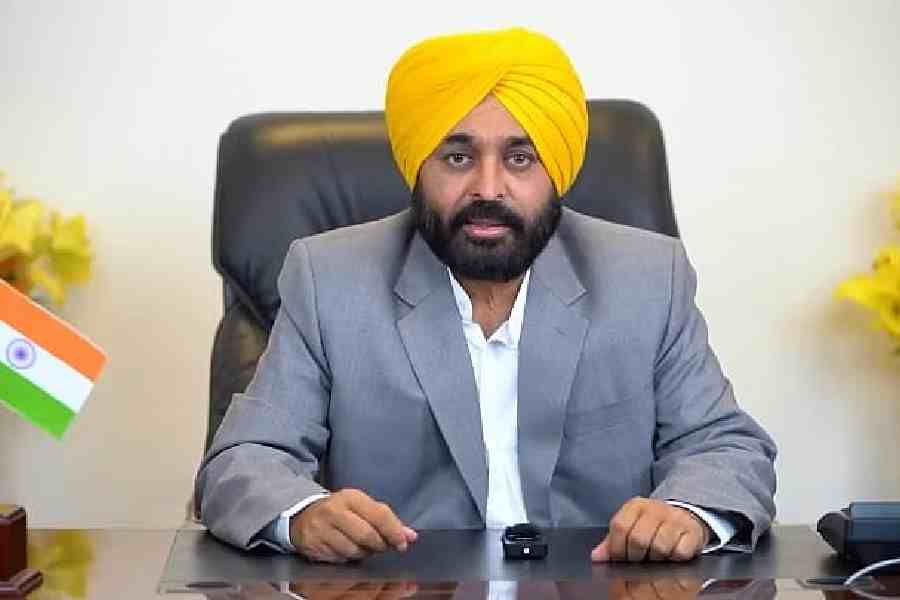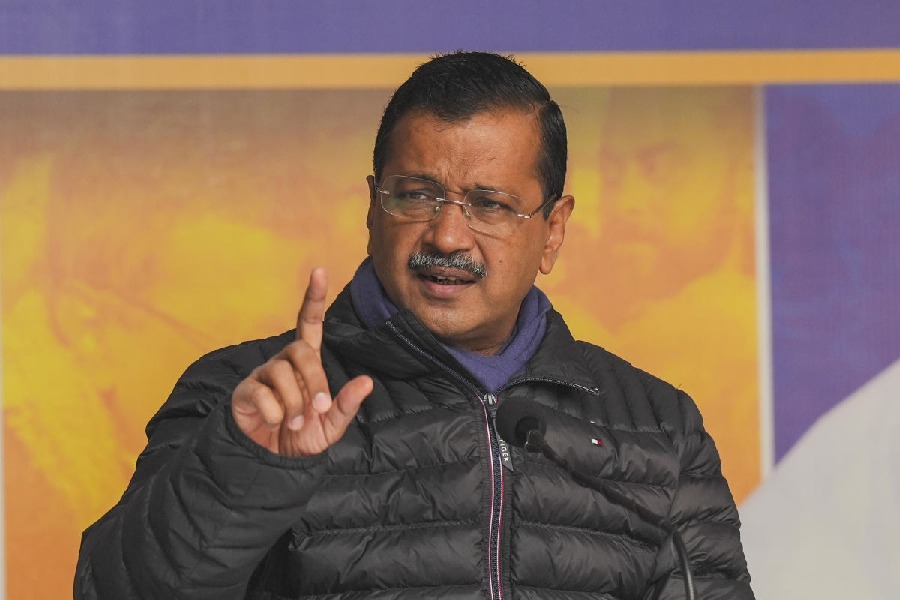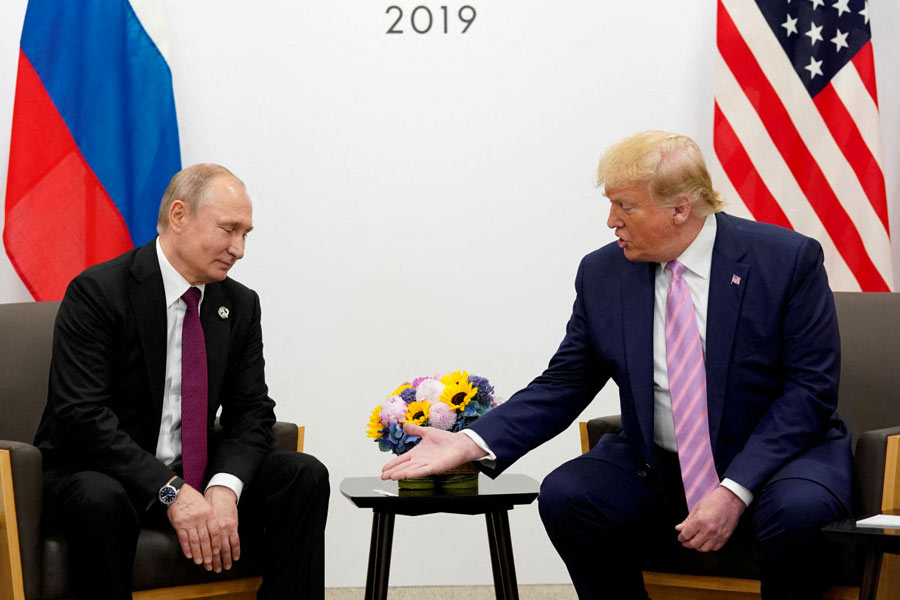The Punjab Assembly on Tuesday passed a bill that appears to circumvent the role of the Centre's Union Public Service Commission in selecting the state police chief.
According to the amendment bill, a state-appointed committee will come up with a panel of three Indian Police Service (IPS) officers to be considered for the post of the Director General of Police. The state government will then pick one.
According to the current practice, however, the states send the names of several eligible officers to the Centre’s UPSC. The UPSC then zeroes on to three officers, from which the state government chooses one.
The Punjab Police (Amendment) Bill, 2023 substitutes a provision in the Punjab Police Act, 2007 while laying down the procedure for selection of the head of the police force in state.
The bill was passed without any opposition in the Aam Aadmi Party-dominated House. The main opposition Congress walked out earlier in the day and the BJP had boycotted the two-day special session.
The bill becomes law after the Governor's assent.
Earlier Tuesday, the Assembly passed a Bill that replaces the Governor with the chief minister as the chancellor of all state universities.
According to the bill, the state government shall constitute an empanelment committee to come up with a list of three officers out of the pool of eligible officers, based on various criteria including the length of service, service record and range of experience.
The seven-member empanelment committee will be headed by a retired Chief Justice or a retired judge of the Punjab and Haryana High Court.
Its other members include the state’s chief secretary, a nominee of the UPSC, the chairman or a nominee of the Punjab Public Service Commission, a nominee of Union Ministry of Home Affairs and a retired DGP who has served as head of Punjab Police. The administrative secretary of Punjab's home department will be the member-convener of the empanelment committee.
"The provisions of this (substituted) section shall prevail notwithstanding anything contained in any judgement, order or decree of any court," says the bill.” In the “objects and reasons” of the bill, the Punjab government states that “police” and “public order” fall in the “exclusive domain of states".
"The Constitutional framework envisions a federal structure-- wherein the states are exclusively empowered through its legislature to enact laws concerning public order and police.
"It is necessary to put in place a proper mechanism for selection/appointment and removal of DGP which takes into consideration the peculiar challenges faced by the state of Punjab by virtue of being a border state. In order to achieve this objective it is proposed to amend Section 6 of the Punjab Police Act, 2007," the bill reads.
It also says that the exercise is meant to bring about “an independent mechanism” for appointments to the DGP’s post, and to ensure that the selection of the police chief "is free from political or executive interference and is also in consonance with the peculiar conditions and policing requirements of Punjab" IPS officers belonging to Punjab cadre, who have been promoted to the rank of DGP in Punjab and who have completed at least 30 years of service and at least six months left will be eligible for the post.
Once appointed, the DGP shall have a minimum tenure of two years, irrespective of his date of retirement. It lists conditions for the police chief’s removal in the middle of the term. Among them is initiation of any action against him under the All India Services (Discipline and Appeal) Rules, 1969 and conviction in a criminal case.
Congress members had staged a walkout from the assembly on Tuesday morning protesting that there was no question hour or Zero Hour provision in the present session.
The BJP had on Monday said the AAP is holding the two-day special session only to further its own agenda and wasting taxpayers' money, and announced it would stay away from the proceedings.
Except for the headline, this story has not been edited by The Telegraph Online staff and has been published from a syndicated feed.










